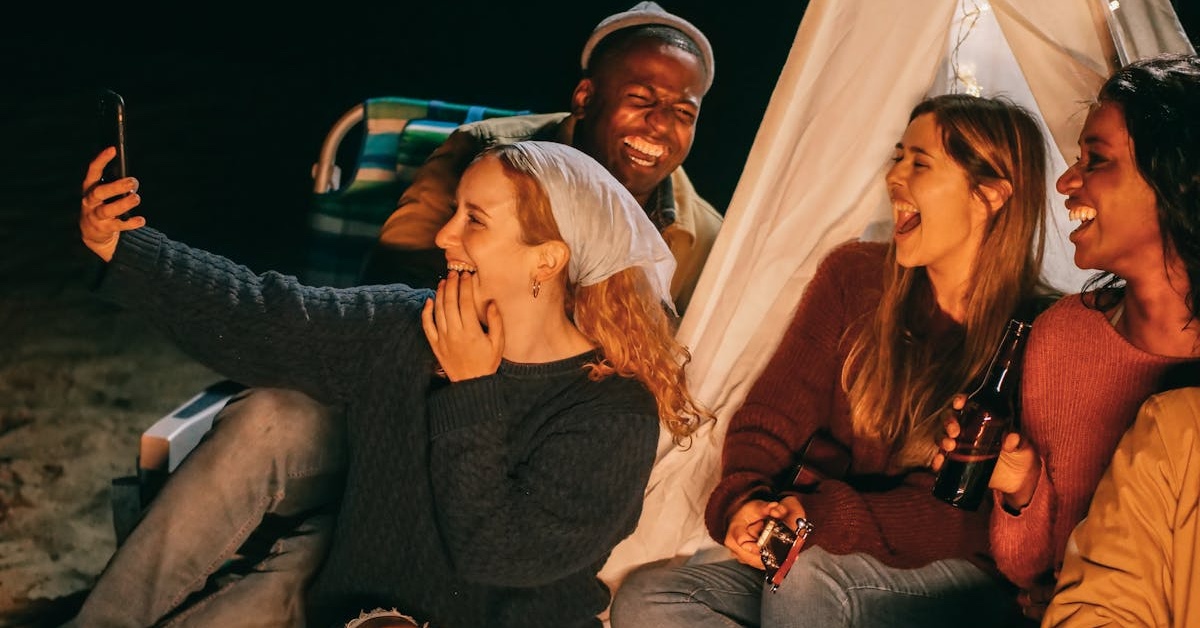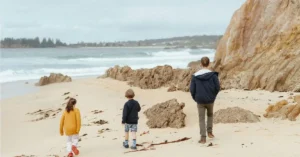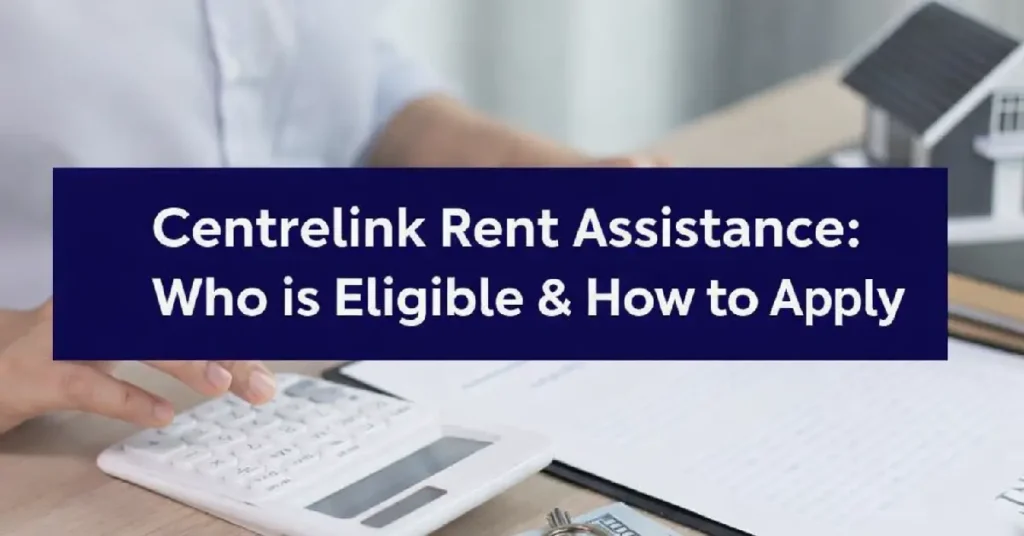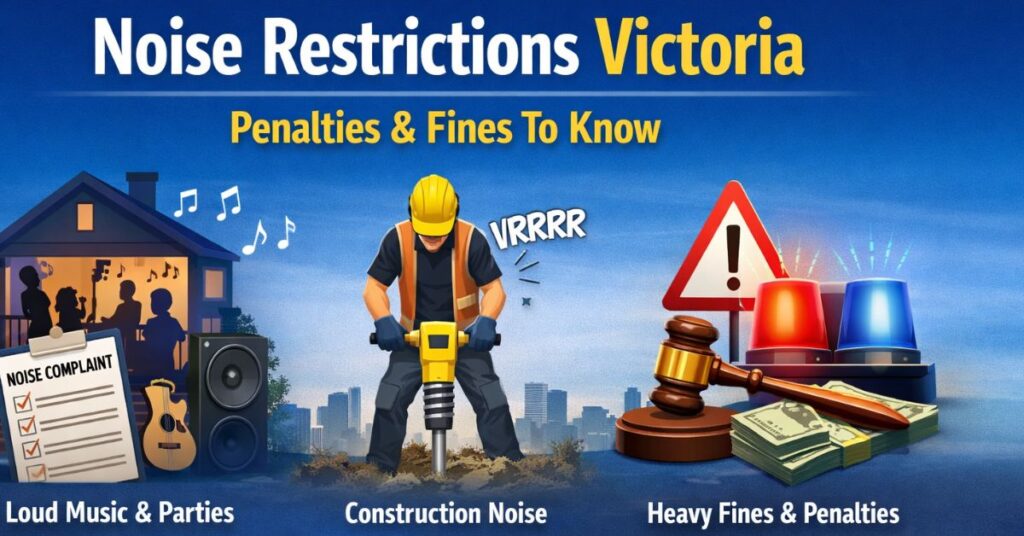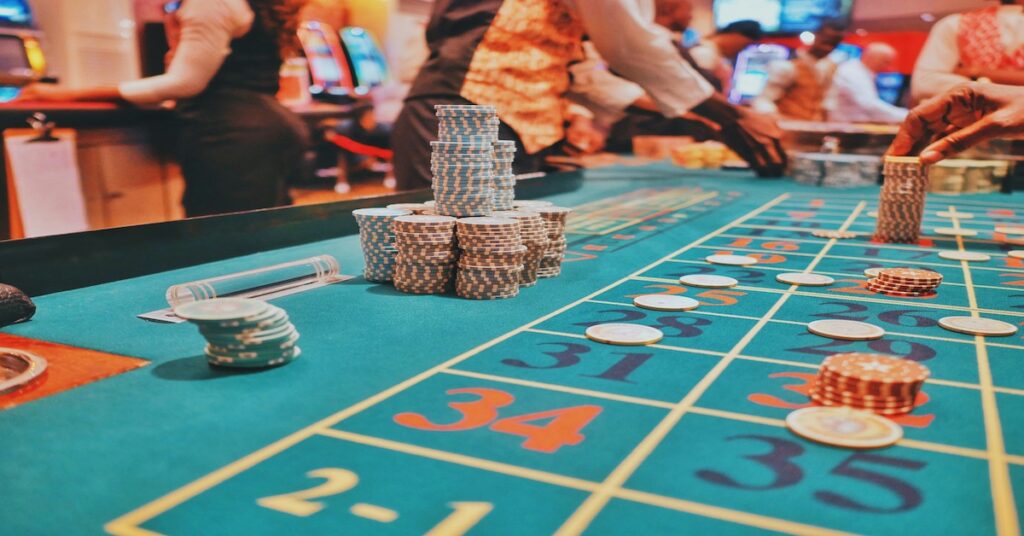In Australia, spring typically signifies a calendar year full of events (festivals, racing, concerts, community events, etc.). Whether it is the Melbourne Festival and Caulfield Cup Carnival or the Caloundra Music Festival and the Fremantle Festival, there is always something on. The families make their plans to spend time together on the weekend, friends organize gatherings, and travellers make their reservations months in advance.
However, there are moments when the unpredictable occurs. Excitement can be deflated by a last-minute cancellation, a transport strike, or a sudden storm. The tickets are purchased, the suits are made, and the show is cancelled. It is a well-known narrative, one that has left a lot of us wondering how to react when our plans fail.
Watching Music and Shows at Home
In case a festival is cancelled, streaming may come to the rescue. Musicians usually share live performances, acoustic performances, or internet-only performances. Such online performances may not have the same audience buzz, but they are somehow intimate in a different way than experiencing a live performance.
You can stream full concerts on anyone such as YouTube, Facebook or even on Twitch. A lot of musicians engage in live chatting with their followers or accept song requests. Other festivals publish highlight tapes or behind-the-scenes videos so that you do not have to leave your couch to experience the mood.
Make it an event of your own. Prepare snacks in the living room, turn the lights down, and turn on the music. It can become a small dance party in the family and a video call among friends. It is a reminder that connection does not necessarily require physical establishments; it can occur anywhere music is being played.
The good thing is that it does not necessarily have to spoil the day. The internet has simplified access to entertainment, connection, and creativity more than ever before. It could be a live-streamed concert, a virtual community gathering, or simply browsing something new on the internet, but there are many ways of making an unexpected free day as fun as the one you were going to attend.
Interactive Entertainment and Gaming
Interactive entertainment may transform a dull afternoon into an active one when outdoor plans get cancelled. Gaming is not only teen entertainment, but any person can have fun by playing games and trying to win, and use a little tactics, or just to relax.
Online games come in all forms, from quick mobile puzzles to virtual card tables that bring people together. Some games belong to casino sites for Australians who want to play for fun rather than high stakes, offering an easygoing way to relax and enjoy a bit of friendly competition from home.
Depending on the type of game, you may play in small amounts or even for free. It is never about winning a lot; it is more about the fun, the feeling of togetherness in playing a game when things are delayed or cancelled.
There are also enormous interactive games other than casinos. Simulation games in the form of racing allow programmers to offer their fans a digital form of the event, such as the Australian Motorcycle Grand Prix, which places you in the driving seat. Sports enthusiasts can play in the online tournament, whereas puzzle or strategy givers can choose to play mobile games to challenge their timing and logic.
The appeal of these digital options is that they are flexible. On a rainy evening, you can play a longer game or just have a quick five-minute game during dinner when the oven is in operation. No travelling, no dressing, no queue cuts, and just instant entertainment at your fingertips.
And in case you like a little competition, most of them have chat or multiplayer capabilities. It is not uncommon to have Australians playing with friends on the other side of the country or even the world, and making gaming a communal activity rather than an individual one.
Virtual Festivals and Online Cultural Experiences
Cultural festivals such as the Tarnanthi Festival and the Melbourne Festival have adjusted very well to the internet. Although the in-person exhibitions may be delayed, virtual tours, online galleries, and live talks with artists can provide an opportunity to experience art at home.
Guided tours in art galleries are now available online in many galleries, with curators showing visitors around exhibitions either on video or in 360 degrees. You will be free to stop and read, enlarge the images of paintings, and even drop comments or queries.
In the case of the families, this may become an enjoyable learning process. Children have the opportunity to learn about Aboriginal and Torres Strait Islander art or learn how the local creators combine tradition and modernity. It is informative and heartening – a means of preserving culture regardless of what becomes of the physical action.
Video Services and Daily Entertainment
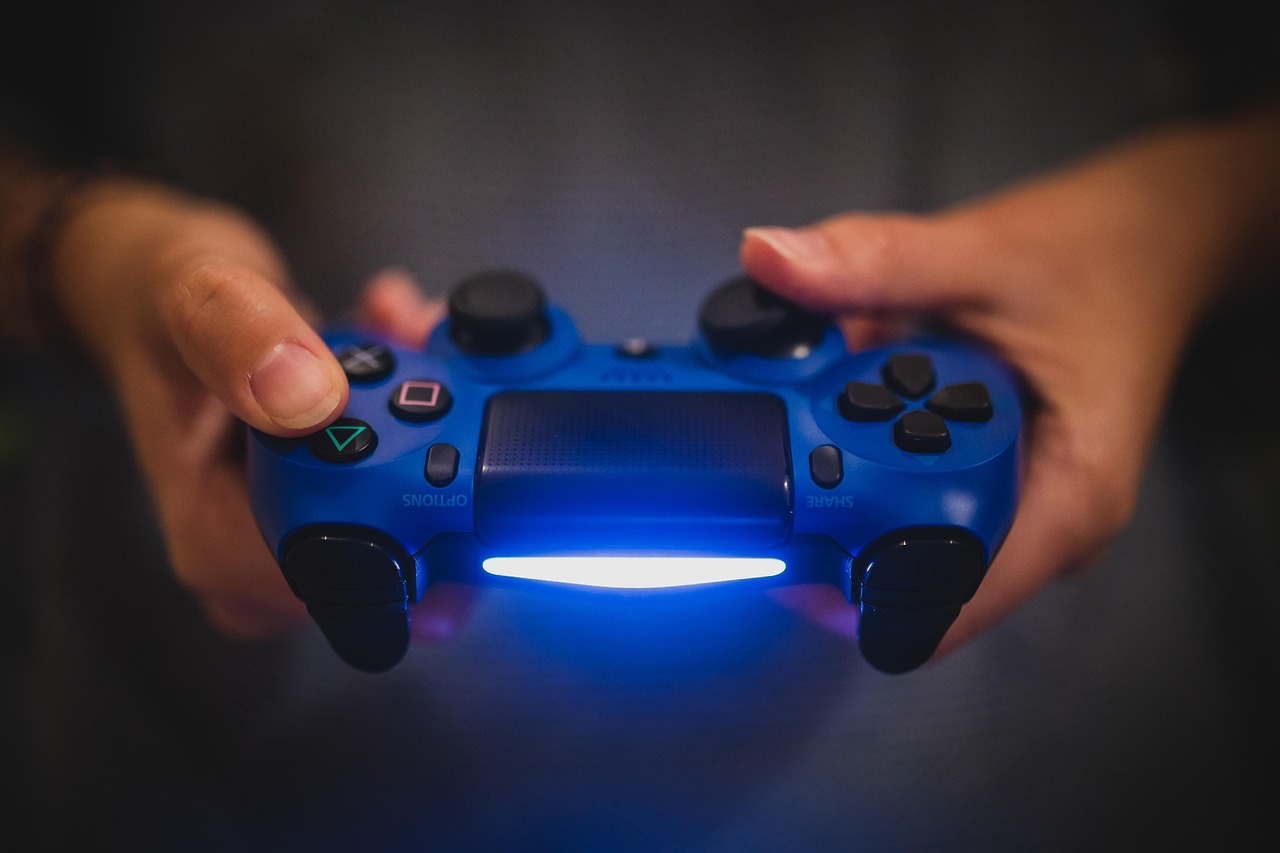
YouTube is the first place to go when plans fail. It is not only to watch random clips, but it is a place where you can find almost anything, how-to, travel, podcasts, or live classes or workouts.
Australians waste hours on websites such as YouTube and TikTok because the content seems close to them and relatable. You have an opportunity to study a new recipe, be inspired by the design tips of the home renovation, or watch mini-documentaries about the local culture.
Several producers have begun hosting their own home versions of the festival, e.g., by streaming cooking demonstrations at food festivals, or recording Q&A sessions with artistes, or filming footage of those local performances that did not make it to the stage. It is a piece that reminds people that, in case the events are cancelled, creativity does not stop.
Community Connection and Social Media Events
Social media is not only scrolling. It is where the communities come together when they are unable to meet physically. Libraries, neighbourhood groups, and councils communicate with Facebook and Instagram to maintain contact with people.
Common substitutes for cancelled public events include virtual trivia nights, online workshops, or even online storytelling sessions. A local gardening community could be hosting live questions and answers, or a fitness instructor doing a workout in the morning.
Previous cancellations, such as the Riverland Rose and Garden Festival and the Anlaby Spring Festival, went online. Community pages allowed people to share photos, live-stream their gardens, and exchange tips. In certain instances, the attendance was even larger than the physical one since there was no longer a participation limitation through geography.
Everyday Digital Activities That Keep Life on Track
Maintaining the sense of order comes in handy when plans fall apart. Day-to-day online activities, such as emailing and internet banking, web browsing, and news feeds, restore some sort of rhythm to the day.
You can pay bills, do some correspondence, or do some research on something that you have been intending to learn about. To most people, those little computer chores when the power goes off will fill the sense of time being wasted with a sense of achievement.
Scheduling further events or volunteering by just visiting the local websites can help one feel connected and engaged. Life goes on, in spite of the unpredictable offline world, because of everyday online activity.
Music Streaming: Music to the Moment
There is nothing like music to cheer one up. Streaming platforms are viewed as the closest alternative to outdoor concerts or family-friendly festivals that have to be cancelled.
Spotify, Apple Music, and YouTube Music are some of the services that create playlists for every taste and situational mood. Other artists who were to play at the festival, such as the Handpicked Festival or Bay to Birdwood, release exclusive playlists to keep the spirit alive.
In case you were going to see a live performer, locate that artist on the internet. Almost everyone records and shares the records, backstage videos, or even live communications with fans. It is a beautiful method to remain in touch with the experience you were anticipating.
Streaming time can also be utilised in creative ways by families: karaoke, dance party, or simply background music playing as the family cooks. Even when something big does not occur, music has a way of making people feel better after disappointment and unites people.
Learning and Exploration Online
In some cases, a cancelled event may lead one to a new event. There is an unlimited range of learning opportunities available on online learning platforms.
Everything, including photography, creative writing, gardening, mindfulness, and others, can be found on websites such as Coursera, Udemy, or Skillshare. You will be in a position to learn at your own pace and stop anytime life becomes hectic.
Free education can also be found in many museums and cultural centres. Australian art galleries, science exhibits, and historical landmarks have virtual tours that will provide you with something worthwhile and at the same time accessible to do.
In the case of families, this can take the place of an outing during the afternoon with something equally captivating learning together, watching documentaries, or even attempting an entertaining experiment at home.
Digital Community Events and Inclusion
Even though screens separate people physically, they often unite them in unexpected ways. Programs like Get Online Week focus on helping Australians of all ages build digital confidence. These events teach basic computer skills, online safety, and how to connect with family and friends through video calls.
Local libraries and community centres have embraced these programs, turning them into virtual hubs for social learning. Activities range from storytimes and book clubs to group challenges and quizzes.
It’s easy to forget that not everyone feels at ease online. Digital inclusion efforts make sure nobody misses out on community connection, an especially important goal when in-person options are limited.
Digital Habits and Everyday Online Life in Australia
Australia has quietly turned into one of the most connected countries on the planet. With 97.1% of the population online, roughly 26.1 million people use the internet every day, almost everyone you meet is part of the digital crowd.
Most Australians spend around six hours a day online, with time split almost evenly between phones and computers. Yet, it’s the mobile screen that’s clearly taken over daily routines. Around 95% of users go online through their phones, scrolling between messages, news, videos, and playlists throughout the day. It’s not hard to picture—checking the weather over breakfast, replying to emails on the train, or listening to a podcast before bed.
Social media plays a huge part in this rhythm. Around 77.9% of Australians, about 20.9 million people, are active on at least one platform. YouTube leads the way with the same number of users, followed closely by Facebook, Instagram, TikTok, and LinkedIn. People stream music, watch tutorials, follow creators, or simply catch up on what’s trending. It’s not just about entertainment anymore; it’s about how many stay informed and connected.
Communication remains at the heart of online life. Nearly everyone uses social networks (94.5%) or messaging apps (90.3%), keeping in touch with friends, family, and colleagues. Email still holds its ground with 87% of users checking inboxes regularly, while web searches (88.2%) continue to be a daily habit for anything from recipes to research.
When you look closer at how Australians spend their screen time, the variety stands out. Music and radio take about seven hours a day, social media about six, and gaming around three. News and magazines share another three, while podcasts and audiobooks fill nearly two more.
Finding Balance Between Digital and Offline
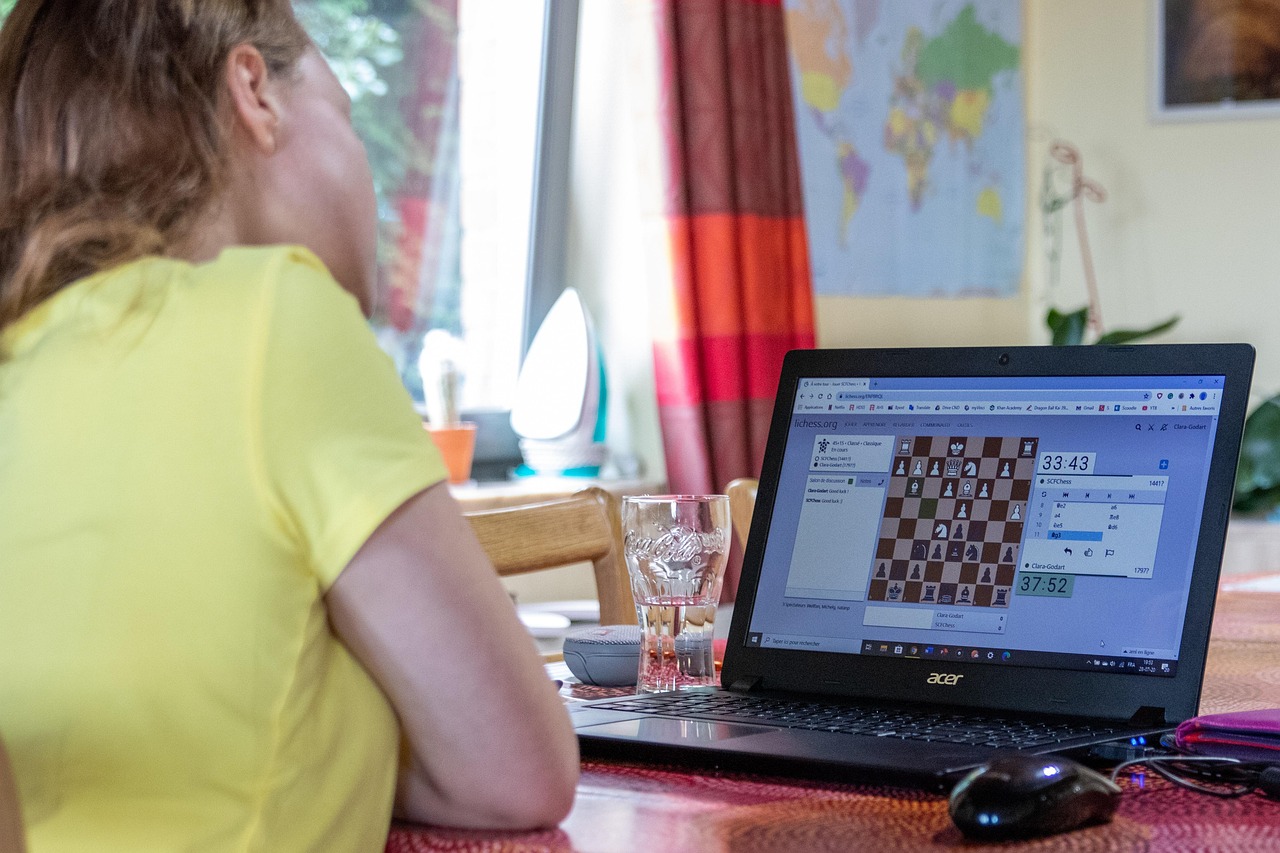
Online entertainment fills the gap when live events are off, but balance keeps it enjoyable. Spending time outside, reading a physical book, or cooking a nice meal can complement screen time perfectly.
For families, this balance creates calm. After a morning spent gaming or streaming, a walk or bike ride helps everyone reset. For individuals, it might mean using digital time intentionally, for connection, not distraction.
Technology gives us endless options, but it’s our choices that shape how meaningful those moments feel. Mixing both worlds ensures that cancellations don’t lead to frustration but to rediscovery.
When Plans Change, Connection Remains
Event cancellations can be disappointing, especially when they involve traditions or gatherings that people look forward to all year. But what the last few years have shown is that Australians are remarkably adaptable.
From virtual festivals and digital galleries to low-stakes gaming nights and online trivia sessions, there’s always another way to connect. When one door closes, a hundred digital windows open.
What matters isn’t the format, it’s the feeling of shared enjoyment. Whether you’re watching a live-streamed concert, chatting with friends during a casual online game, or learning something new from your couch, connection is still there. It just looks a little different now.
So, the next time the weather turns or an event gets called off, take a moment, breathe, and explore the digital options waiting quietly on your screen. You might be surprised by how much fun you can still have.

